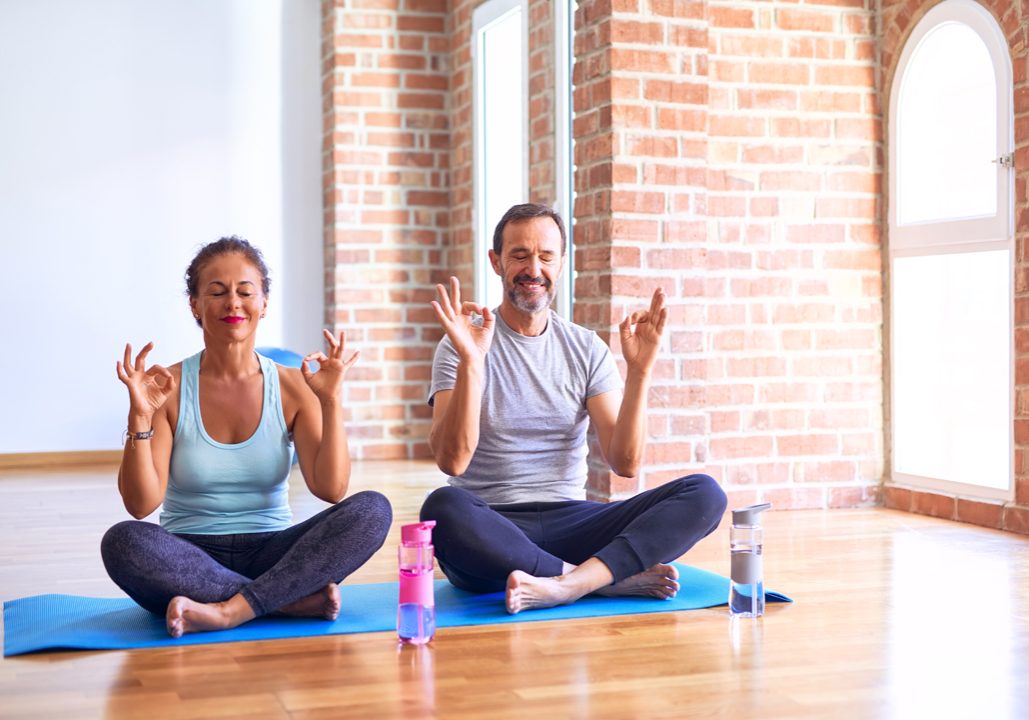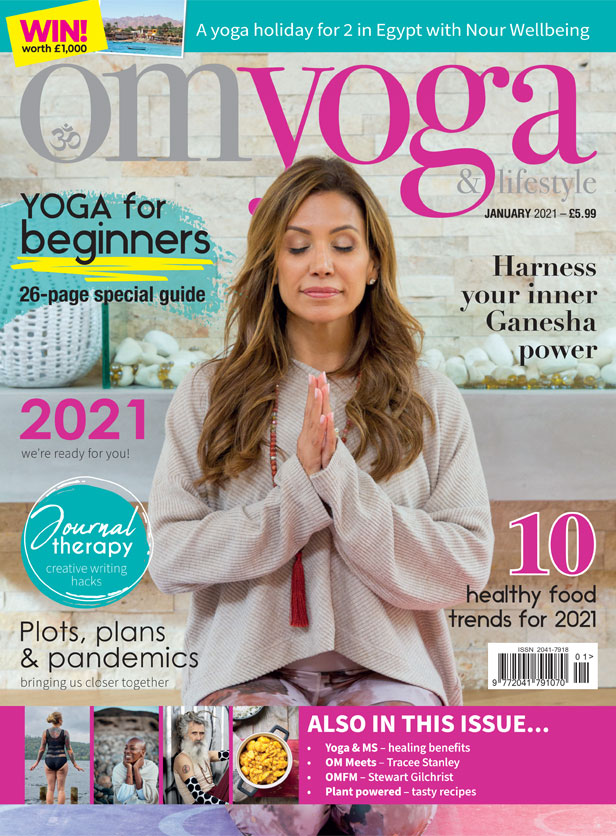
Mindfulness: a practice for everyone
Start the new year with more mindfulness in your life, a practice for everyone. By Gillian Osborne
Mindfulness: everyone is talking about this these days, to the extent that it seems to be politically incorrect not to either know what it is, or be aspiring to master it.
The development of mindfulness as a contemporary practice can be attributed to Jon Kabat-Zinn who, as well as being a distinguished scientist, was a student of several Buddhist teachers including Thich Nhat Hạnh.
Kabat-Zinn created a ‘Stress Reduction Relaxation Programme’ that he later remodelled into ‘Mindfulness-Based Stress Reduction’ (MBSR) — thus removing the Buddhist connections to place it within a nonideological framework, grounded in science and arguably therefore more accessible for the purposes of health and wellbeing.
Meditation is often something that people feel may be attached to a religious belief system or is otherwise unavailable to them; some lofty ideal only attainable by those accomplished enough to conquer it. I have heard so many people say “I can’t meditate” only to find that with the right approach, it can be accessible to everyone. I suggest that if mindfulness practice can be sustained in the Houses of Parliament, it can be sustained by anybody, anywhere.
Ancient traditions
Nonetheless, mindfulness is intrinsic to the Buddhist tradition. The roots of yoga, Jainism and Buddhism are intertwined, and the extent to which each influences the other cannot be completely known since textural, archaeological and other evidence is incomplete.
A great deal of academic research and writing has been dedicated to the exploration of these issues and the interested reader can find much material for debate.
However, it is fair to say that ascetic and renunciate lifestyles were common to all three traditions and the meditative practices of each share common foundational elements that cannot be ignored.
In the moment
Thus, we can consider mindfulness in relation to yoga, and not just to Buddhism or the MBSR. In the context of yoga, mindfulness is that ability to be in the moment and focused on the precise thing we are engaged with; being in relationship with and maximising each and every moment of experience.
Sometimes that might be a negative, and so we can also take comfort from knowing that it’s just a moment, or maybe several, but life is dynamic and everything changes. All things pass; both positive and negative.
If we can learn to adapt to the everchanging experiences of our own lives we will not feel stuck and attached to harmful attitudes, thoughts or behaviour patterns.
There are so many styles of yoga these days it can be difficult to know what will suit or work for you but asana (physical) practice, of any style, can incorporate that degree of mindful one-pointed awareness that constitutes the mindful practice of Jon Kabat-Zinn.
Meditation for all
There is absolutely no need to be intimidated by the idea of ‘serious’ meditation, epitomised by images of those seated in unending lotus and aspiring towards perpetual samadhi (the ultimate experience of unity).
Anyone can meditate, we just need to be with the right teacher and the right technique. In the eight-limbed approach of the Patanjali Yogasastra (the well known treatise on yoga) three whole limbs are devoted to those meditational practices that lead us to the ultimate experience of unity, harmony and complete integration.
It’s three limbs, not one, because meditation is a staged process; it evolves as we practice and as we engage with it. We don’t need to get to the end on day one and Patanjali introduces the idea of approaching a practice with the commitment to maintaining it (abhyasa) without excessive attachment to initial outcomes (vairagya).
Patience, and being kind to ourselves, will produce the most benefits over time. Mindfulness, meditative or relaxation practice is something that can be enjoyable and rewarding at any stage of the journey with a sympathetic and experienced teacher.
Whether you are new to yoga, or a seasoned practitioner, the gift and the fruits of meditation are easily within reach. Start this year with an outstretched hand and an open heart and consider moving forward mindfully on your yoga journey.
Gillian Osborne is a yoga teacher, writer, smallholder and the vice chair of the BWY. She teaches mindful Hatha Yoga, relaxation and meditation in classes and private sessions (mrsosbornerecommends.co.uk)


